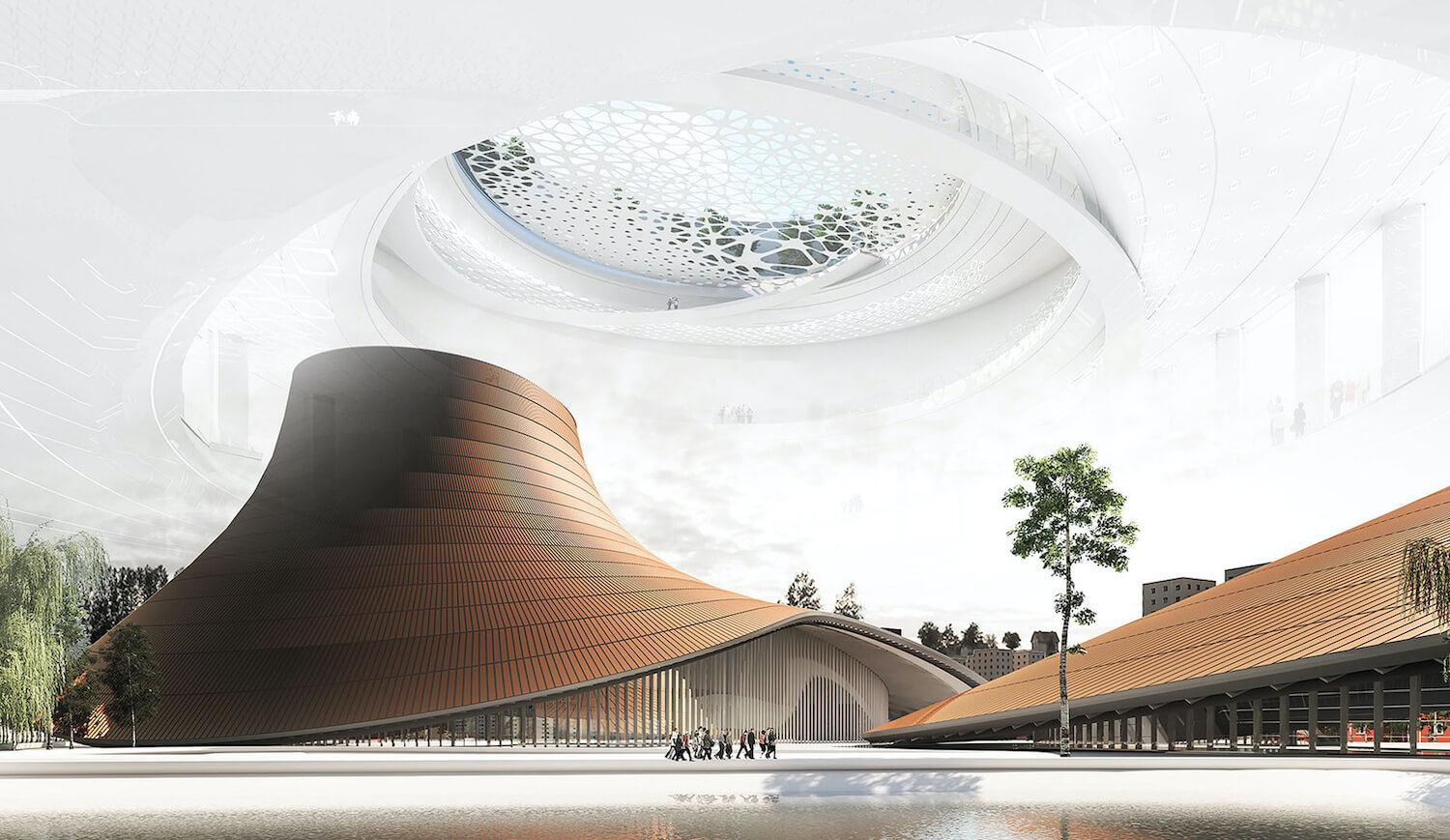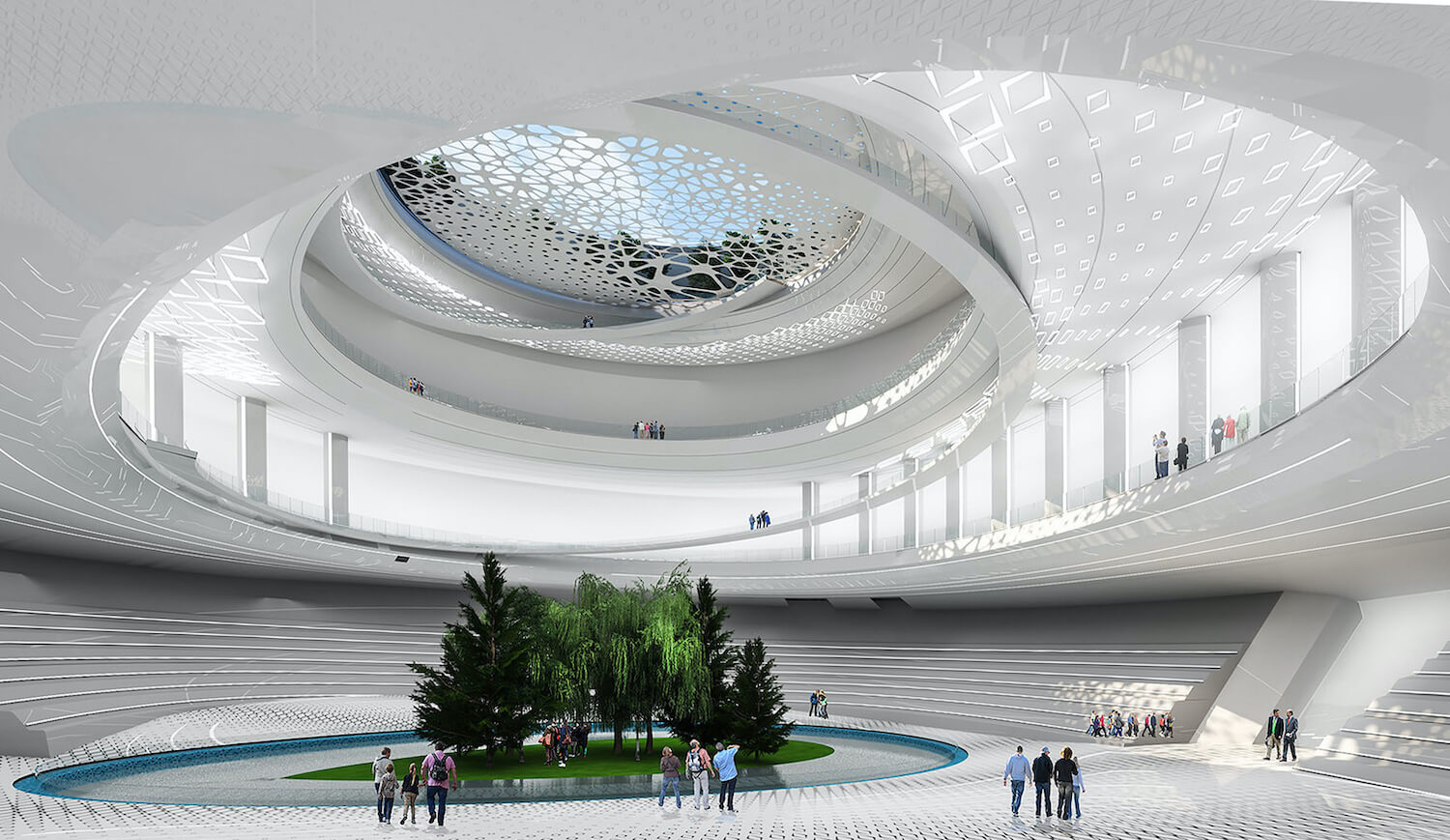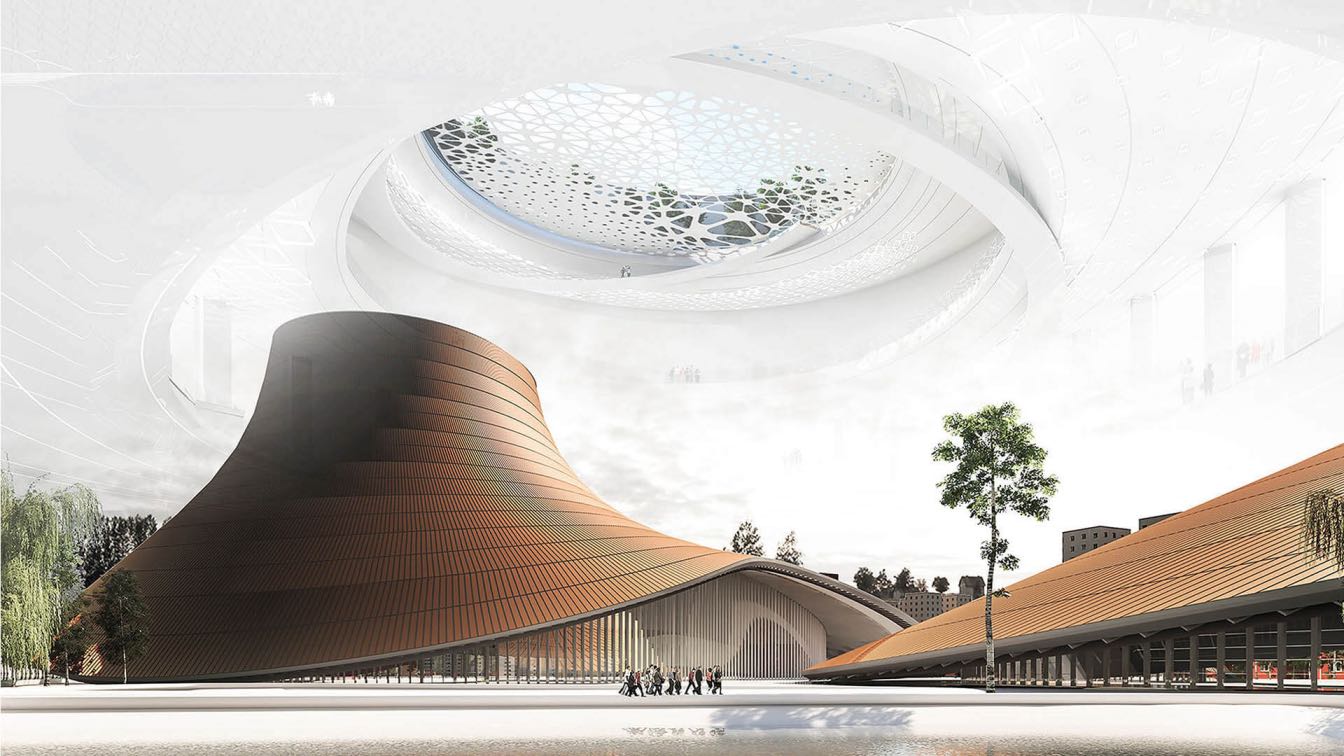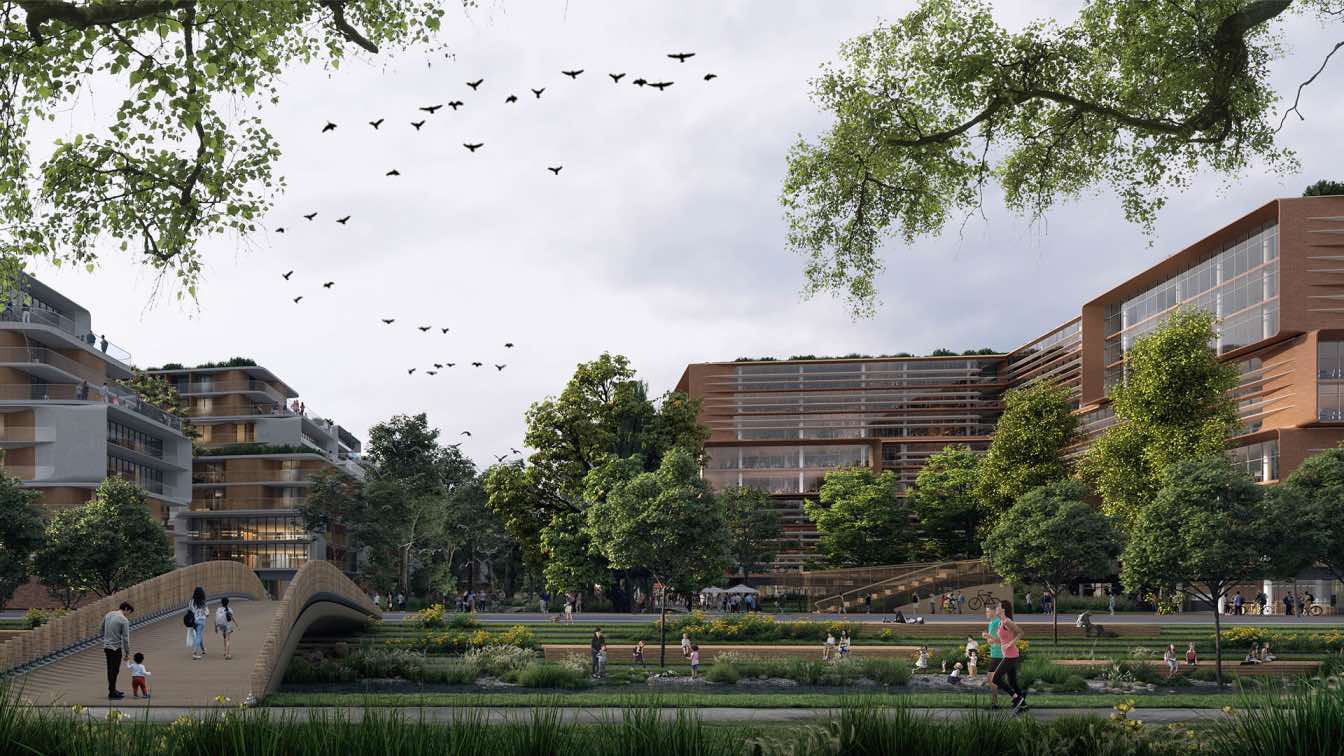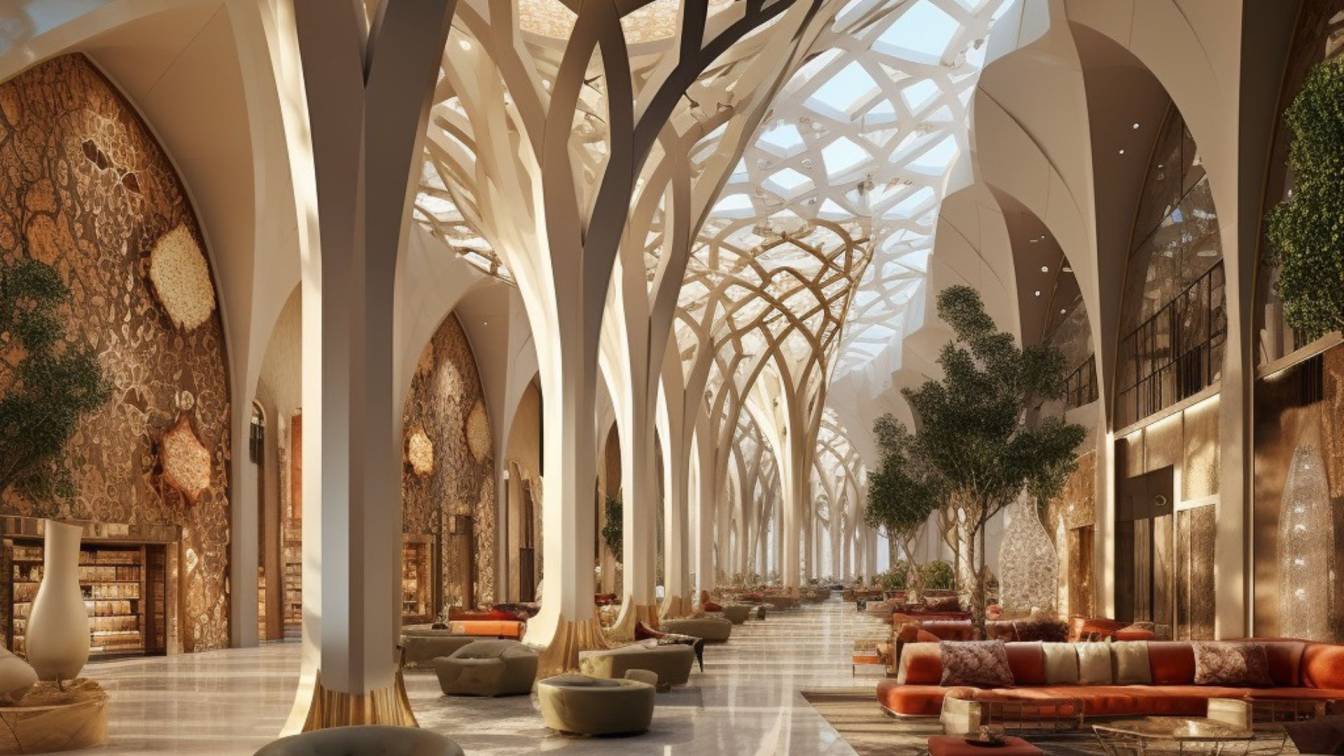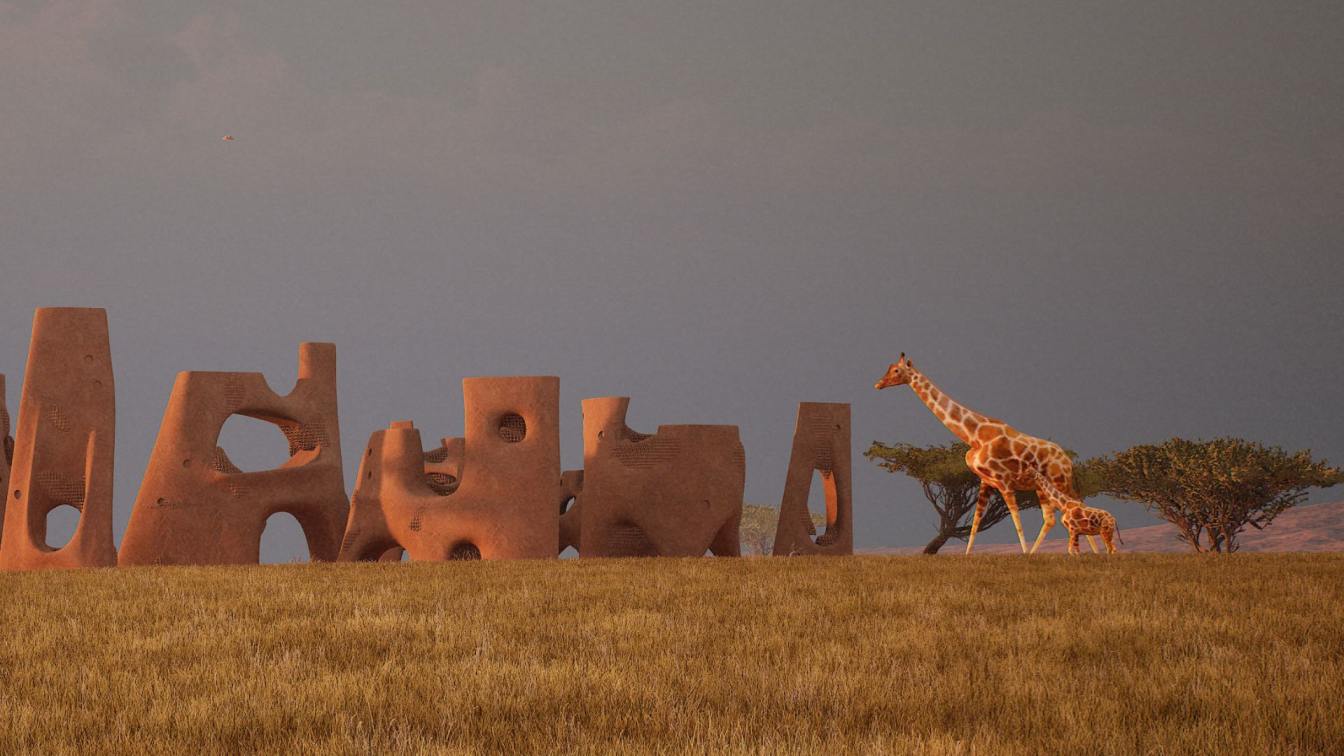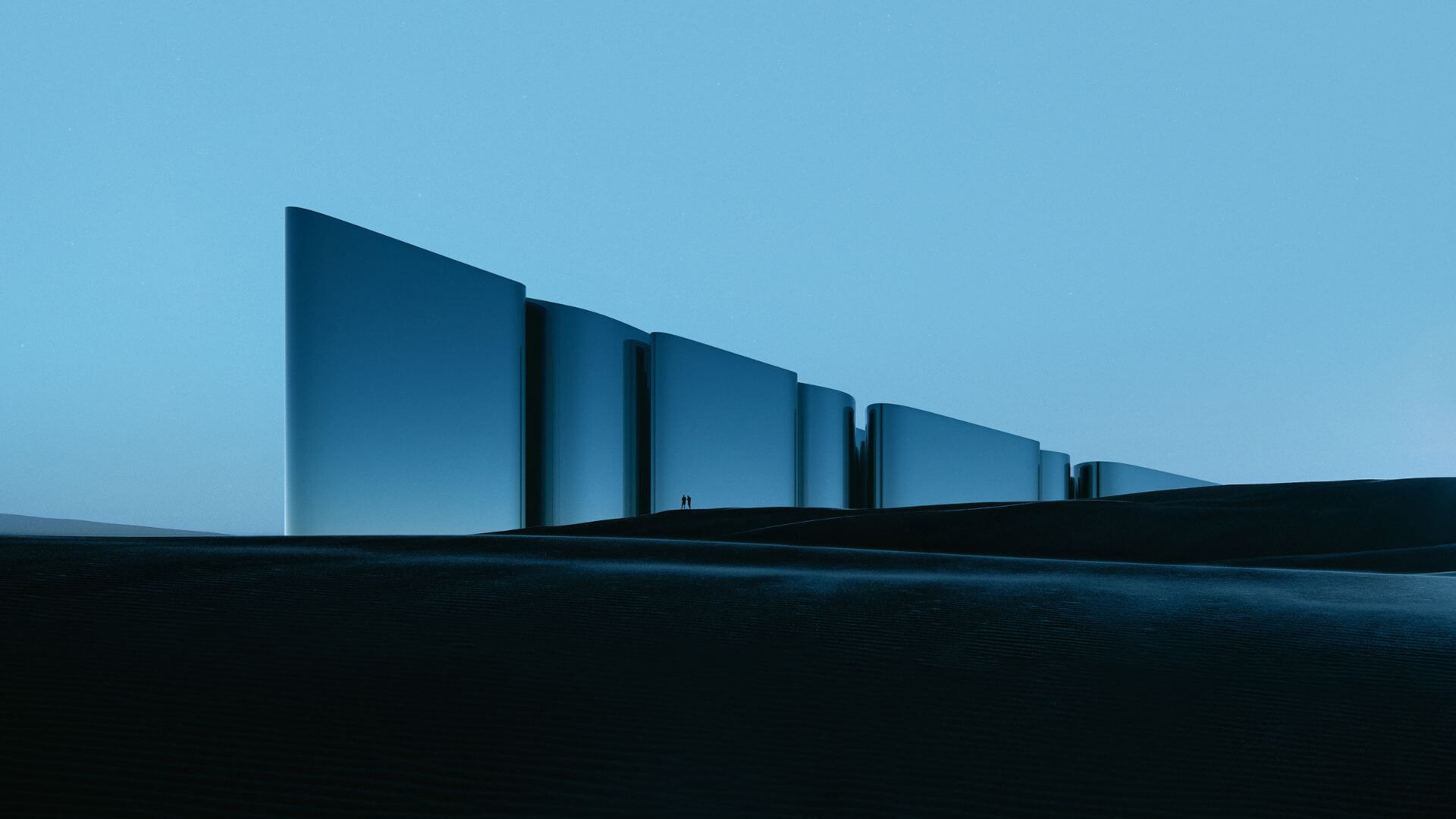Sayeh Architecture Studio / Abolfazl Malaijerdi: Studying the history of countries we get to this conclusion that the human being was invariably managing to construct a shelter for his or her own welfare regardless of the language, skin color and nationalities traditionally and from a long time ago in the whole cultures and countries and we came to understand that tents were the simplest types of shelters with regards to their long history after reviewing the method of shelter construction in the most ancient and the oldest civilizations and also the world realms which the humans were often dealing with organizing such collective orientation and holding up the feasts and celebrations together with the said shelters in the form of an open space or with the same construction method used in the old shelters for holding up the happiness and dancing ceremonies which these are known as the inherent and integral parts of the ancient human’s life until the 21st century and also the posterity and now we see that inspired by the past.
The modern human being is also dealing with the same inherent and integral parts of himself or herself (Namely the happiness or cultural associations) in the more modern way and these answer to such demand of the mankind using the cultural and artistic halls and in the different and miscellaneous forms and accordingly we tried to describe the current situation inspiring by the same tent structures forms which are approximately known and recognized by the entire people of this world and also the wearing forms and the garment manner which is applied for dancing or performing arts in designing the foregoing cultural and artistic center locating at IRAN with this thought that the modern world and communities have also gotten closer to each other thanks to the internet and technology development and we can almost say that such forms and patterns are very similar to each other in the whole cultures of the world because at the time of performing the show, the ladies put on a veil which is in the form of a circular shape or tent and therefore we got to this conclusion that the considered design must become close to the afore-mentioned sense in terms of formation and for inducing such integral sense between the tent structures and the type of wearing which is applied for the feasts and happiness.

Furthermore, the above-said designed cultural and artistic center includes two parts which they have connections from the basement and underground and these parts have been designed in the form of the hall number one and two and there is also a fountain and waterfront for the halls and a corridor and pavement or sidewalk and a place for bicycle riding which these have been taken into consideration for the entire complex and the main halls of holding up the seminars are located at the underground floor which is in a circle or round shape in terms of the interior design and with regards to the hole existing on the ceiling of such halls and accordingly such condition can lead an appropriate natural light into the project which these matters have been explained as disclosed below and with regards to the existing diagrams.

